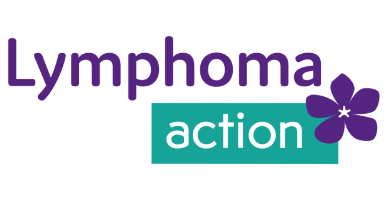




Post-transplant lymphoproliferative disease (PTLD) is a type of cancer that can develop in people who’ve received a bone marrow or solid organ transplant. Research shows that in approximately half of PTLD patients, EBV is the cause of the disease. This is called Epstein-Barr virus positive (EBV+) PTLD.
As discussed in the About EBV section, the vast majority (90%) of adults have been infected with EBV at some point in their lives. EBV is best known as the virus that causes “mono.” Whether they’ve had mono and recovered or had no symptoms at all, most people continue to have EBV in their bodies.





When the immune system is functioning normally, special cells known as T cells are able to keep EBV in check. People who receive bone marrow or solid organ transplants very often receive drugs that help prevent the immune system from rejecting the transplanted organ or cells. But suppressing the immune system and T cells can also prevent it from keeping EBV under control.
In some people receiving immunosuppressive drugs after a transplant, there is an uncontrolled growth of EBV-infected B cells (B cells are another type of immune cell). This may lead to the development of EBV+ PTLD, a type of lymphoma or blood cancer.
Under normal conditions, T cells bind to EBV-infected B cells.
T cells then destroy EBV-infected B cells, keeping their numbers in check.
Drugs that suppress the immune system decrease the number of T cells.
With fewer T cells, EBV-infected B cells can grow and multiply unchecked. This may lead to the development of EBV+ PTLD, a type of cancer called lymphoma.
The lymphoma can occur throughout the body and harm different organs and structures including the gastrointestinal tract, the central nervous system, and the site of the transplant.

National Organization for Rare Disorders (NORD)

Leukemia and Lymphoma Society

Transplant Recipients International Organization (TRIO)

Lymphoma Action UK